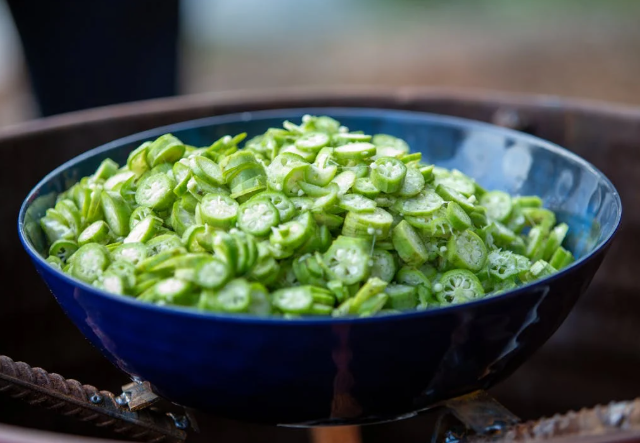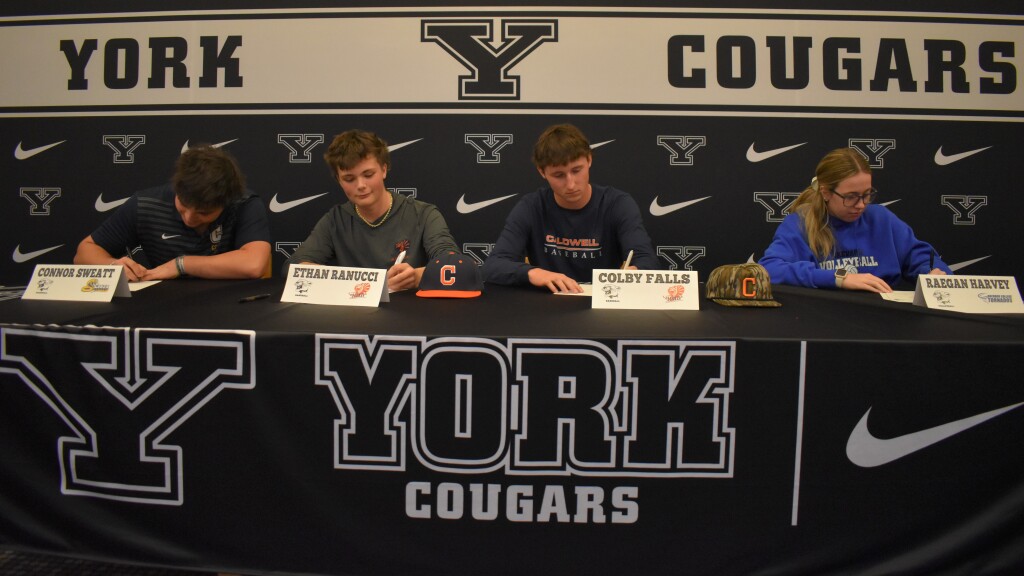South Carolina okra growers are battling a major infestation this season, as a newly detected invasive pest, the two-spotted leafhopper, is threatening crops across the state’s eastern counties.
Agricultural experts and Clemson Cooperative Extension agents report that the outbreak has resulted in widespread damage, including yellowing leaves, reduced yields, and, in some cases, complete crop loss for the typically resilient vegetable.
Also referred to as the “cotton jassid,” the small, pale green insect is believed to have migrated north from Florida, where it was first identified in the U.S., through Georgia and into South Carolina. While the pest is primarily causing havoc in okra fields, it has also been spotted on other crops, including cotton, eggplant, and sunflowers.
Clemson Extension specialists are working closely with growers to monitor the activity of the invasive insect and develop effective management strategies. Growers are currently utilizing insecticides labeled for vegetables that target sucking and piercing insects.
However, the threat of resistance is prompting discussions about rotational partners for chemical treatments. Symptoms of the infestation are known as “hopperburn,” characterized by yellowing, reddening, and eventual browning of leaves, which can lead to premature leaf drop and stunted growth.
Growers and agricultural officials are urging vigilance and swift action to control the population of the two-spotted leafhopper, noting the urgent need to protect the state’s valuable okra production.
Sign up for our Sunday Spectator. Delivered to your inbox every Sunday, with all the news from the week.









